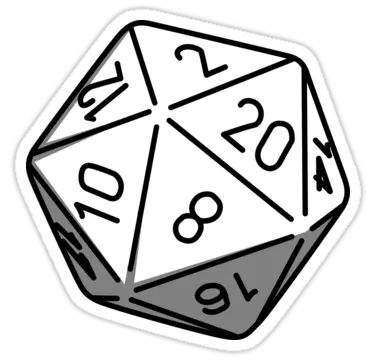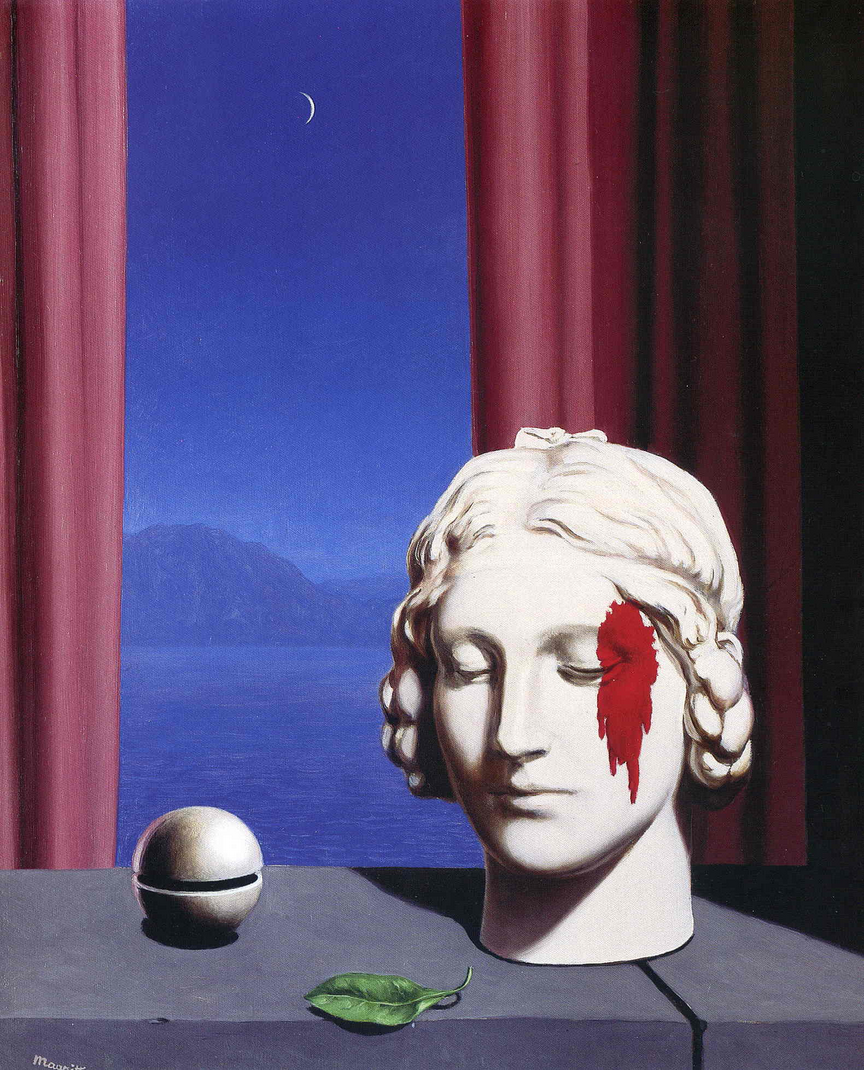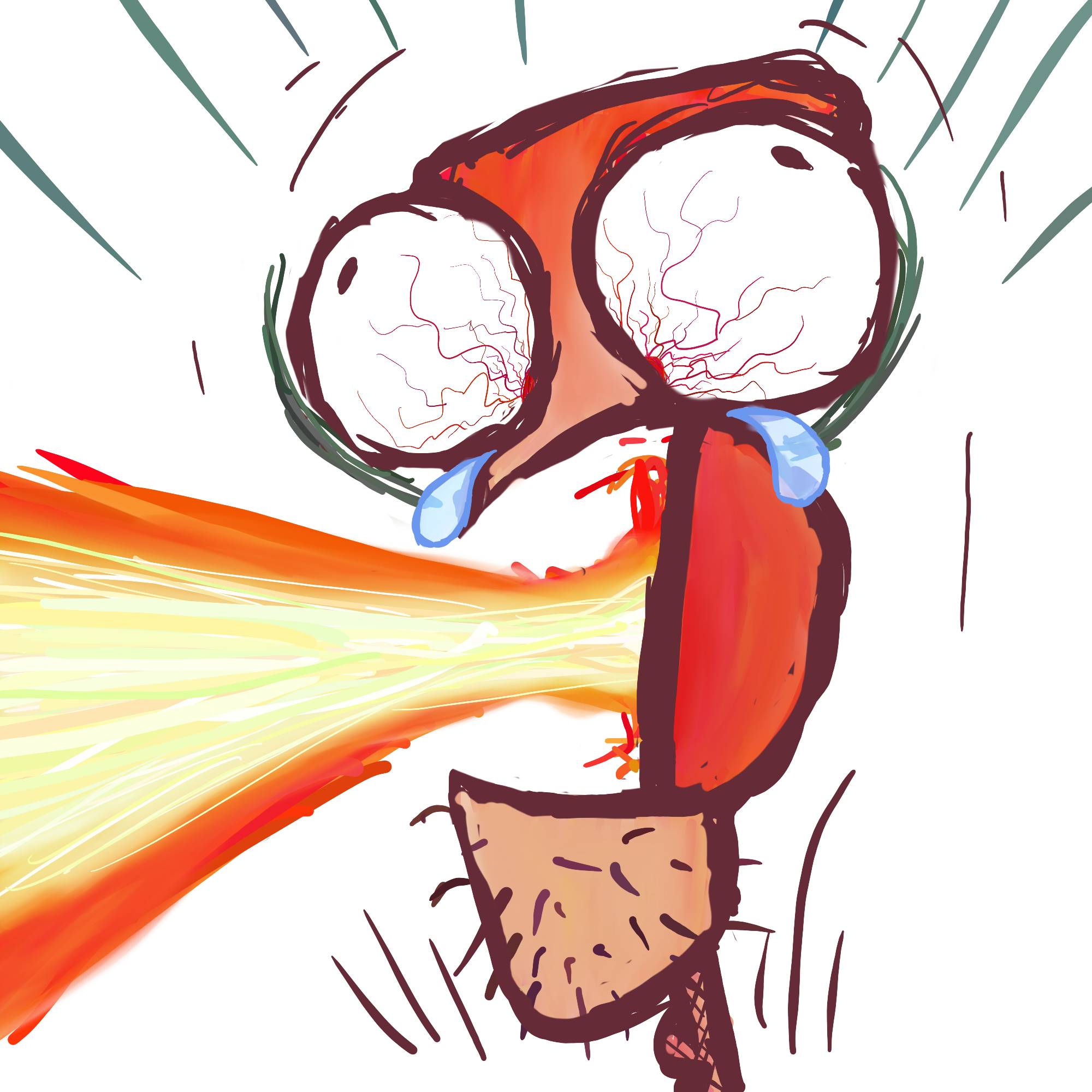I’m finishing up The Golden Enclaves, the last of the Scholomance Series by Naomi Novik. It fulfills The Jerk with a Heart of Gold square, but in getting in to it, it also fits the LGBTQIA+ representation square. I’ve gotten started on so many great series in the last few years doing reading challenges and this year I’m going to try and get caught up with a bunch of them. I’m super excited!
What about all of you? What have you been reading or listening to lately?
For details on the c/Books bingo challenge that just restarted for the year, you can checkout the initial Book Bingo, and its Recommendation Post. Links are also present in our community sidebar.
Just finished a re-“read” of Neuromancer by William Gibson, audiobook form this time. I hated the way the reader performed, especially his shitty attempt at a Jamaican dialect for the Zionite characters. Book still rules though.
Now I’m onto How to Be an Antiracist by Ibram X. Kendi, read by the author. Picked it up in physical form last month but never got to it. The audiobook is based on the paperback version, with edits and notes that are helpful and further enlightening. Great stuff.
Weird attempts at character voices can tend to take me out of audiobooks too. I think there’s a good balance somewhere between one reader doing all voices and the audio play-style ones for some books where in the future one could have effectively studio artists like the ones they used to sit in on albums to handle parts like that in books without the entire thing having to be a different person for each character.
I just wish somebody had pulled this guy aside and been like, “Dude, he’s a Rasta space trucker, not fuckin Tonto.”
I once tried listening to Iain Banks himself reading one of his Culture novels. Boy it’s bad. Nothing as stereotypical as “Jamaican accent”, just … weird. Little or counter-intuitive inflection, weird rhythm, and when he does an accent it’s … weird. It’s kinda cool to listen to though. I mean the man was a genius and somehow it still reflects in his reading style.
I’m continuing on Let This Radicalize You which is full of great hands-on practical “right now” tales and advice on creating the change you want to see in the world. It’s so recent yet still reads like a million years away before the second Trump term and such. But it’s solid although very detailed in its recounts of mutual aid stories, sometimes a bit needlessly I thought, but I’m already radicalized in a way so I guess some people might still need these horror stories of state abuse in such realistic grim detail.
Just finished ADD Friendly Ways to Organize Your Life. Pretty good, there are better books but it’s a good addition to the better books.
Reading Managing Neuro Diverse Workplaces and Wind and Truth. I thought I was falling out of love with Brandon Sandersons work but this book has me back in, hook line and sinker.
Wind and Truth was great but I was kind of sad that the first arc of Stormlight was done. Of course I don’t want to spoil the ending but I feel like the second arc will feel like a completely different world and I am sad I won’t get to see more of normal Roshar. The worldbuilding and magic systems are just awesome in Sanderson works.
Post Wind and Truth spoilers
Since stormlight is gone the old magic system is also kind of dead. I am excited for a more cosmere aware storyline though. It feels like things will be ramping up into a full out war between Shards after Dalinar’s gamble. Basically everybody vs Retribution which will be a awesome fight.
Did you read The Sunlit Man? It starts discussing what you talk about.
I did, it was probably one of my favourite Sanderson standalones. It was weird reading it before Wind & Truth though since I found out about Sigzil killing his spren and becoming a skybreaker before actually seeing the scene where he kills her in Wind & Truth.
- The City & the City by China Miéville
- Children of Time by Adrian Tchaikovsky
I kinda hate Children of Time.
The City & the City is amazing, however. If you like Disco Elysium, I highly recommend reading China Miéville.
I love The City & the City so much. Need to get into more of Miéville.
Glad to hear the recommendation for The City & the City, I can’t wait to read it!
I just finished Hands of the Emperor by Victoria Goddard. Never have I read such a good book that so desperately need an editor. Final third could have been chopped in half or more without losing anything.
Just started on Translation State by Ann Lecke. Hasn’t pulled me in yet as much as her other books.
I’ve now tried a few different LitRPG books and almost universally that’s been my experience, “you have a really good core, but you really needed someone to help you refine this”. It can be frustrating.
I haven’t read any Lecke yet, but I have a few on my TBR, is there a better one to start with?
I still haven’t read a LitRPG that I can remember. I’m sure there were young adult fantasy novels in the 80s/90s that would qualify before the term came around. Did you ever find a good refined one?
I think these days I end up reading mostly from the Fantasy of Manners subgenre which is where I would put Hands of the Emperor, plus some of Noviks early novels which is what prompted me to respond to this question.
I say start with Ancillary Justice by Lecke. Amazing debut novel and won the Hugo, nebula, and a bunch of other awards.
The challenge with LitRPG is the same challenge with fanfic. They are written and just put out into the aether for fans. The good ones are most often from people who are experienced writers and used to dealing with power creep and resisting putting in every joke or reference you can think of.
My favorites are Dungeon Crawler Carl by Matt Dinnmann and This Trilogy is Broken by JP Valentine. Ready Player By Ernest Cline is mostly 70s-80s reference fan service but mostly holds up. There are some from the 70s and 80s that are prototypical of the genre where people enter some sort of VR like Tron or their D&D setting and some of those are solid. He Who Fights with Monsters gets a bunch of recommendations typically but it struggles as time goes on.
So far I’ve enjoyed all of Novik’s works that I’ve read.
Listening to “The Republic of Thieves” by Scott Lynch for the second time. Just started reading “Artemis” by Andy Weir for the first.
The Lies of Locke Lamora was such a great book. The next book, the one where they go sailing for 500 pages, was so much worse. I don’t know if I ever started the third book.
I think it’s a worthy sequel. There were parts that lost me a little the first time through, but I’ve come to enjoy the ride that these books send you on. I’d place the third book above the second, but it’s difficult to match the iconic level of the first. I enjoy them all.
I read about 3 chapters of “Infinite Jest” by Wallace and put it down. Maybe someday. So I just finished “The fire next time” by Baldwin instead.
I’m reading Neuromancer in anticipation of the Apple TV series. I’m impressed with Gibson’s writing. It’s quite a stylistic change from the last book I read (Handling the Undead by John Ajvide Lindvquist).
Nothing to Envy: Ordinary Lives in North Korea
I’m trying to read more non-fiction this year however I wouldn’t consider myself a history buff by any means but this book has me hooked. Like I kinda knew but I also live in the United States so I’ve been so removed from anything like this my whole life. It’s wild how 1984 it actually is.
I’m taking a break from reading Mad Hatters and March Hares to read Persuasion, since I just watched the movie 2 days ago.
I really like the idea of short stories, and loved reading them as a kid–but as an adult I struggle with them. Getting into a new story before I’m invested in the characters is the slowest/most effortful part of reading for me, so anthologies feel like continually trying to restart a car when the engine keeps turning off. And when the stories are good, I’m usually annoyed that there isn’t more about those characters or in that world (but standalone novels don’t normally evoke that response and I don’t know why).
I’m considering picking another book for my “Judge a book by its cover” square, since The Tangled Lands is also an anthology.
You might look up ‘linked stories’/‘novel in stories’: they’re single-author collections that have all the stories set in the same world, often with shared characters, sometimes with an overarching or background narrative. Might be a good middle ground?
That’s a great suggestion–I’ll have to try it.
I have the same struggle. By the time I hit my flow, the story is over and now I have to start over.
Exactly as you say! It’s a relief to know I’m not the only one who feels this way.
Not a big novel reader myself but I grabbed Dune oft my shelf after it sit for over a year. Gotitt in Christmas 2023.
Started and finished The Lost Fleer: Dauntless (book 1) yesterday. Still good fun despite my third or fourth time through the series.
A practical guide to evil by ErraticErrata (web serial)
I’m on book two, it’s an interesting read, kind of a satire of the hero’s journey.
I loved this series! I tried to convince my friend to read it, but the length makes it a hard sell. Good luck!
The Immune Mind by Dr Marty Lymon, about how the nervous system and Immune system work in concert to keep us healthy.
What Moves the Dead by T Kingfisher. Just started, so no opinion yet, but I loved The Hollow Places.
When Alex Easton, a retired soldier, receives word that their childhood friend Madeline Usher is dying, they race to the ancestral home of the Ushers in the remote countryside of Ruritania. What they find there is a nightmare of fungal growths and possessed wildlife, surrounding a dark, pulsing lake. Madeline sleepwalks and speaks in strange voices at night, and her brother Roderick is consumed with a mysterious malady of the nerves. Aided by a redoubtable British mycologist and a baffled American doctor, Alex must unravel the secret of the House of Usher before it consumes them all.
And I needed a physical book to read on the beach, so I’ve also just started All the Birds, Singing by Evie Wyld, and I’m really impressed by the prose so far.
Jake Whyte is living on her own in an old farmhouse on a craggy British island, a place of ceaseless rains and battering winds. Her disobedient collie, Dog, and a flock of sheep are her sole companions, which is how she wanted it to be. But every few nights something—or someone—picks off one of the sheep and sets off a new deep pulse of terror. There are foxes in the woods, a strange boy and a strange man, rumors of an obscure, formidable beast. But there is also Jake’s past—hidden thousands of miles away and years ago, held in the silences about her family and the scars that stripe her back—a past that threatens to break into the present.
Though I tend to skew more towards her fantasy than her horror, T. Kingfisher is one of my favorite authors that I’ve just discovered more recently
Still reading Josiah Bancroft’s Tower Of Babel tetralogy, just started the third book “The Hod King”. It’s so fucking good. There was a nice interview in the last one, let’s see… ah yes, here it is:
The original idea for Senlin Ascends came from reading Italo Calvino’s Invisible Cities, which is a beautifully written travelogue of fantastic, unreal destinations. It is a perfect specimen of literary accomplishment. So, naturally, I decided to rip it off.
At the time, I was trying to become a professional poet, which is sort of like trying to become a unicorn. The Books of Babel was going to be a collection of prose poems. The collection was going to be a fabulist pastiche, an impressionistic olio, a book of surreal psalms. In short, it was going to be dreadful, and no one was going to read it.
Then I woke up one morning and realized it was over. I was living a lie. I didn’t love poetry anymore. We had to break up. It wasn’t an amicable split. I called poetry some awful names, and poetry changed the locks. Lonely and bereft, I started hitting up my old flames— Jules Verne, H.G. Wells, Robert Louis Stevenson— just to see what they were up to. Turns out, they were saying awful things about women and minorities. But once I got past their startling bigotry, I remembered what it was that I had loved so much about those musty old scribblers. I remembered why I had begun writing in the first place: because I liked adventure and mystery and romance. I wrote because I liked to be surprised and delighted, liked to gasp and laugh, and wanted to share the whole mad experience with someone else.
The plot came later. The story began with disillusionment.








